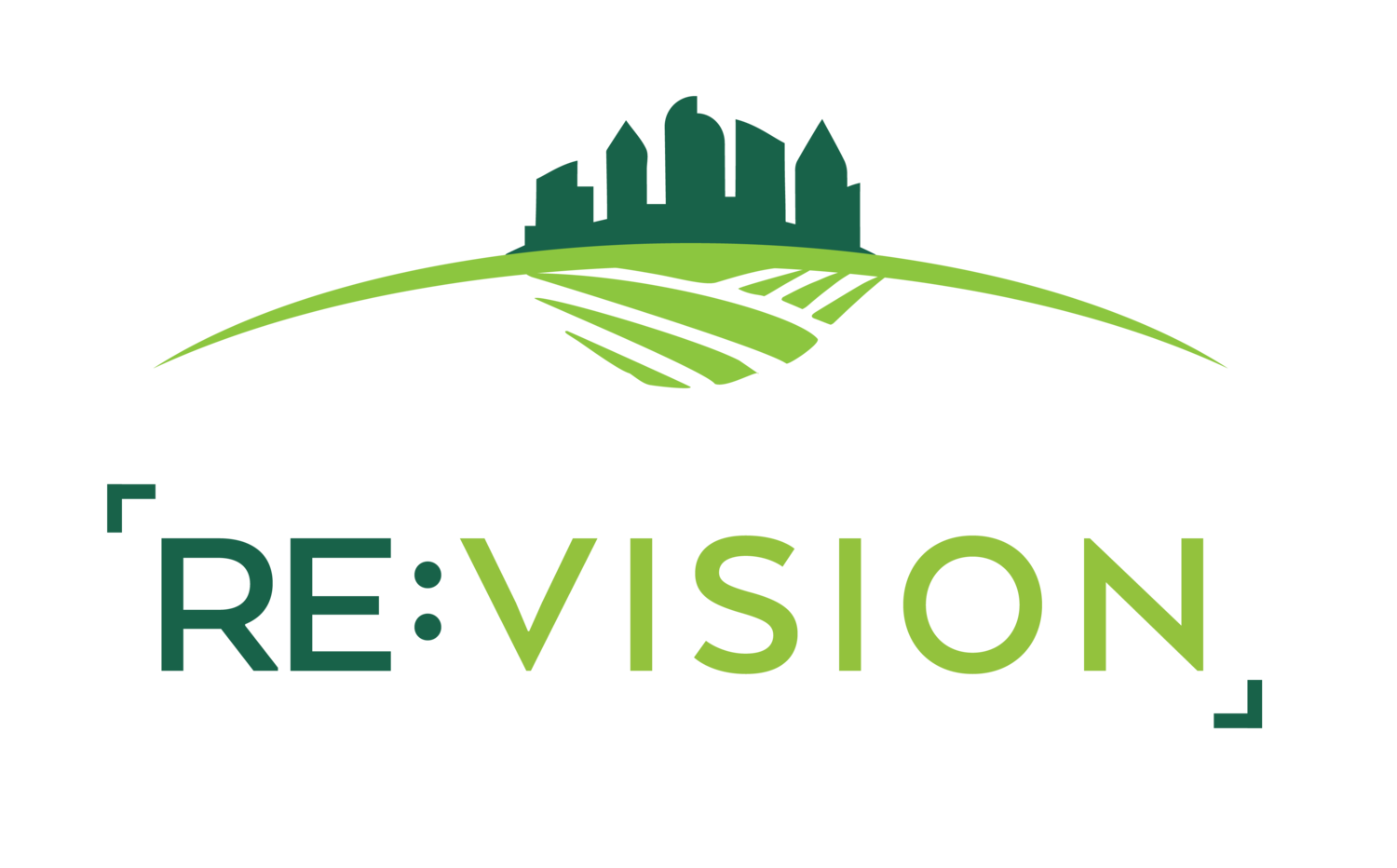
Re:Write
STORIES FROM THE FIELD, PROMOTORA RECIPES, AND CO-OP DEVELOPMENT LESSONS (PLUS SOME POLITICS AND HUMOR, TOO)
A Virtual Grocery Store Feeds A Food Desert
I remember when I was ten-years-old, I looked through the pantry, and bemoaned “Mom, why can’t we have sugar cereal like everyone else?” My mom’s commitment to eating healthy was by no means cool when all I wanted to eat was Lucky Charms and fast food.
“Mom, why can’t we have sugar cereal like everyone else?”
“Someday you’ll understand and care about what you put in your body.”
This was an average conversation with my mother as a child. Her commitment to eating healthy interfered with my dream of a bowl of Lucky Charms in my lap while watching Saturday morning cartoons, followed by a happy meal for lunch.
When I was finally able to shop for myself, I unleashed all the years of pent-up hunger for sugary cereals, sodas, and processed foods. However, it was a short-lived affair as I quickly recoiled from the way my new diet made me feel…
Sluggish. Bloated. Tired. Restless. Agitated.
I soon found myself shopping at the same health food stores that previously embarrassed me – the ones that I would get dragged into while kicking and screaming. With echoes of my mom’s voice in the back of my mind, I quickly eliminated processed foods again and started shopping for fresh, organic produce like she taught me.
The problem was, I realized that I couldn’t really afford it.
While on an average shopping trip, it dawned on me: if this was difficult for me – a young college student with a decent paying job and very few bills – how could families who were struggling to make ends meet shop for healthy foods? This realization was one of the many big sparks that led to the passion of Re:Vision. I soon had a growing desire to make sure that everyone has the right to eat healthy food that they can afford.
I live in Barnum. When I moved in, I was immediately immersed in the day-to-day struggle of my neighbors to eat healthy. With next to no options for a grocery store nearby, I found myself trekking up to 15 minutes to the nearest Whole Foods Market. I again found myself thinking about the majority of the families in my neighborhood – I was privileged to have the means to get to the grocery store of my choosing, and the financial means to purchase the freshest and healthiest foods available. This made my grocery bags feel even heavier each time I unloaded them from my car.
At this point, Re:Vision had started over 168 gardens in the surrounding area, and families were eating healthier. But it wasn’t enough. We needed to have a healthy grocery store that was accessible and affordable. That, however, was not feasible without millions of dollars. And that would be years away.
Thinking back to my childhood, I remembered that my mom bought meat from a local farmer through an organic buying club. We bought a lot up front and it lasted the year, which cost far less than shopping at the store. Best of all, there was no store - we picked it up from a nearby family’s house. Soon, the idea of a ‘virtual grocery store’ in our neighborhood started to make sense to me. As long as there were convenient locations to pick-up, and an easy way to order and pay, why couldn’t it work?
It wasn’t the grocery store the community needed, it was the groceries.
In late 2014, Re:Vision began building relationships with local farmers, food producers, and distributors. By purchasing bulk orders and warehousing the items, we are able to buy at wholesale prices, and because we don’t have all the overhead costs of a traditional brick and mortar grocery store, we can pass the savings on to our customers.
This model of ordering can help increase the access and affordability to the healthiest food for families in a community that stands to benefit the most.
Our efforts have provided a lot of opportunities for learning: the relationship between farmers, producers and consumers is often convoluted with too many people in the middle. People’s shopping habits are hard to break (or change). Running a food business is not for the faint at heart. The best intentions to source local can sometimes go under. Despite all of the challenges in building a food system that benefits both farmer and consumer, Re:Vision remains steadfast in its belief that everyone has the right to healthy food. We strive to develop innovative models that are led by communities and work for communities.
I am happy to say that our Buying Club has re-launched with a new online platform that showcases the best food you can find from local farmers and producers. We’re starting small, but it’s a giant leap forward in a community that doesn’t have a grocery store.
My reflections on how lucky I was to grow up with healthy food - and how that has set me up for success as an adult - motivate me to provide that opportunity for the children of Westwood, where they suffer from the highest rate of childhood obesity in the city.
I hope that you, too, can take a moment to reflect on your relationship with food.
If you want to eat healthier, Re:Vision’s Buying Club is a great place to start. And if you have had the privilege of eating healthy, then I hope it will motivate you to become a supporting member, geared with the knowledge that your participation supports others less fortunate to have the same opportunities.
If you would like to sign up now (and get your $35 membership fee waived!) here are 3 Easy Steps:
- Visit our online store
- Click "Request an Account"
- Browse the variety of natural, organic and local meats, dairy and grains that we have carefully selected from Colorado producers.


